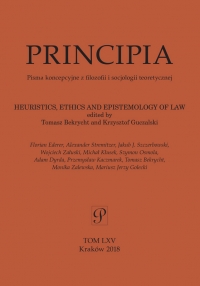The Identified Victim Effect – Utilitarian Analysis and Policy Recommendations
The Identified Victim Effect – Utilitarian Analysis and Policy Recommendations
Author(s): Michał KłusekSubject(s): Psychology, Ethics / Practical Philosophy, Victimology, Law on Economics, Fiscal Politics / Budgeting
Published by: Wydawnictwo Uniwersytetu Jagiellońskiego
Keywords: identified victim; statistical victim; utilitarianism; non-governmental sector; percentage tax designation;
Summary/Abstract: The identified victim effect refers to a psychological bias of a much greater willingness to help identified victims, as opposed to statistical ones. The aim of this article is to assess what we morally ought to do in the light of the effect, from the point of view of utilitarian ethics. What decision-making rule ought to be established? Ought we to always help the identified victims or the statistical ones? I argue for a rule that constitutes a middle ground between the two extremes. Next, using the example of the Polish non-governmental sector and with the rule in mind, I outline legal changes that would result in a much higher overall net utility. The first change concerns the rules of the so-called percentage tax designation mechanism. The second concerns the conditions NGOs have to meet in order to receive public funding of their activities.
Journal: PRINCIPIA
- Issue Year: 2018
- Issue No: 65
- Page Range: 69-89
- Page Count: 21
- Language: English

